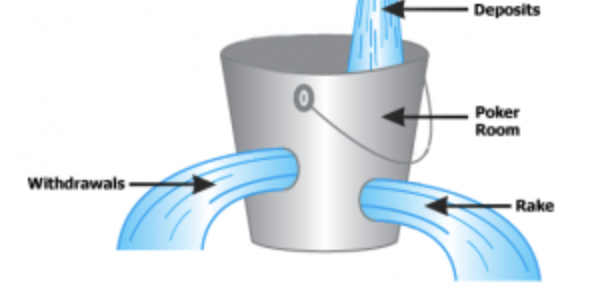Many people want to build harmonious relationships, but they constantly choose destructive partners. What mechanisms of the psyche determine our choice and how to change them, says a clinical psychologist.
You have probably heard about people who always come across the same partners. There is a feeling that they do not learn from the «mistakes of the past.» Why is it so?
There is a simple rule in choosing a partner: your brain «notices» only what it «knows», what it is already familiar with. You don’t want to live an experience that doesn’t feel like home. So, you will not justify an alcoholic if no one in your family did this. And vice versa: if, for example, your mother was in a toxic relationship and “survived” at the same time, then her child will copy this pattern of behavior and will probably find herself in the same situation.
As we continue to repeat the lessons of the past, we choose lovers who are like two peas in a pod.
Feels like
We make a fatal choice in favor of partners whose behavior is understandable and familiar to us. We can unconsciously pick up dangerous signals: for example, feel that a man is as aggressive as dad. Or prone to manipulation, like a mother. Therefore, we “fall” on partners that are not suitable for us — we “cling”, sometimes unconsciously, to the elusive feeling that he is so similar to his mother or father …
So the built-in mechanisms of our psyche determine not only the style of our life, but also the choice of a future partner. Bypassing the «protective blocks» of thinking that make you constantly choose similar partners can be quite difficult on your own. After all, they lined up inside us for years.
Two questions that will help to abandon the «rake»
- Try to answer with one adjective the question: «What am I when I’m not in a relationship?». Name a word from the sensual sphere that conveys emotions, for example: in a relationship, I am joyful, closed, satisfied, scared … If a word with a negative connotation comes to mind, then most likely you are resisting finding a worthy mate inside yourself. For example, when you are with someone, you feel dependent or you feel like you stop growing. This is an uncomfortable state, so you may unconsciously avoid relationships or find partners with whom it is impossible to build a long-term relationship.
- Now ask yourself another question: “From whom did I learn how to be in a relationship this way?” An image of a certain person will pop up in my head: mom, dad, aunt, grandmother, grandfather, or even a movie hero who has sunk into the soul. Having understood the source of your attitude (“I am in such and such a relationship, and I learned this from …”), you will take it out of the unconscious space, give it a name and definition. Now you are able to «return» this knowledge to the people who instilled it in you. And by doing this, you will be able to replace the old unnecessary installation with a new one, with a plus sign. For example, instead of “in a relationship, I am betrayed and abandoned,” you can say to yourself, “in a relationship, I am happy and inspired.” In this way, we can set ourselves up to look not for what is familiar to us (and what may destroy and upset us), but for what will bring us joy and inspiration.
When we identify and work through negative attitudes, we are freed from the burden of the past, we relax, we learn to trust the world. We are getting one step closer to our dream (and a thousand steps further from the rake, which we stepped on with such enthusiasm until recently).










